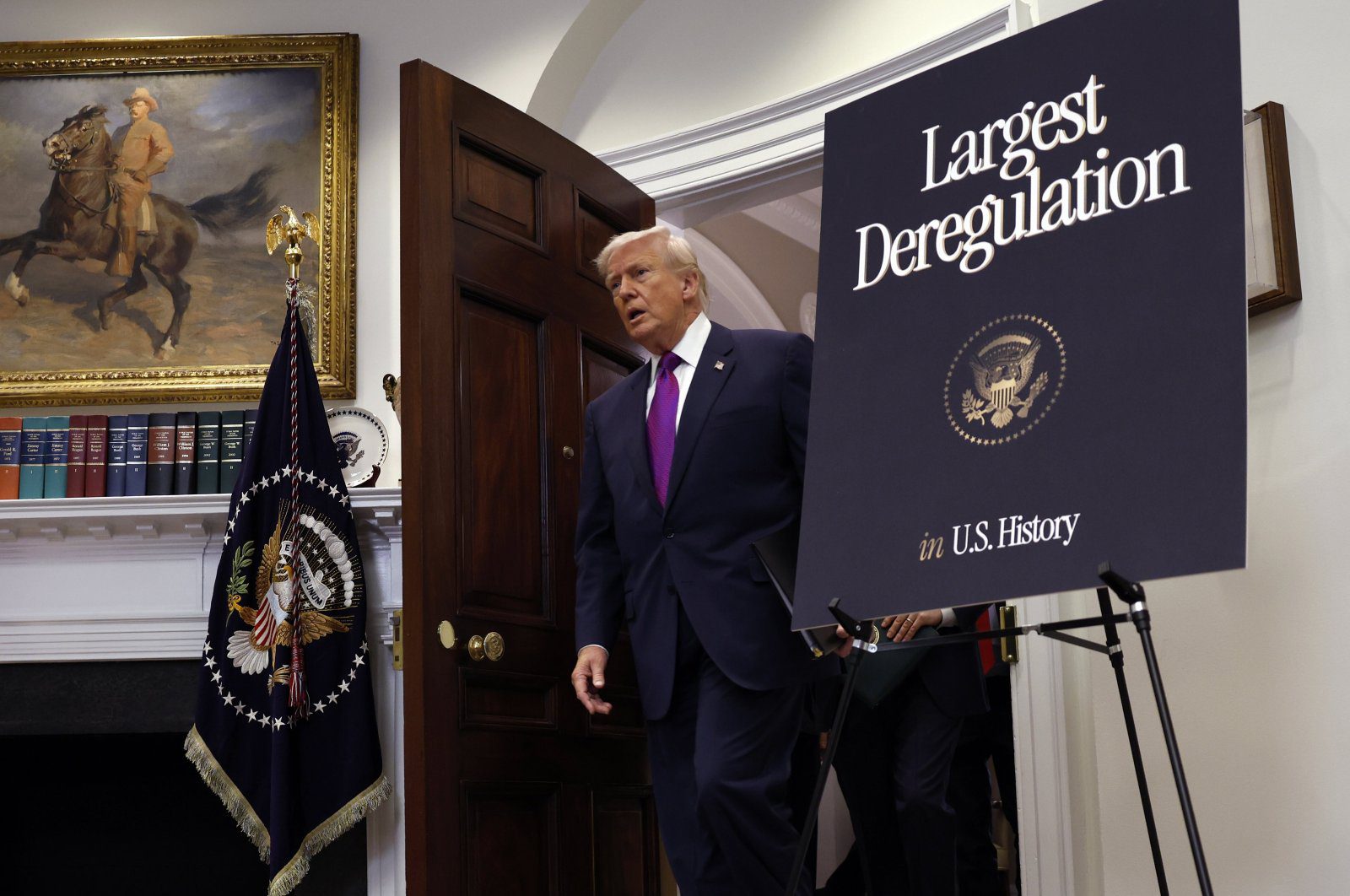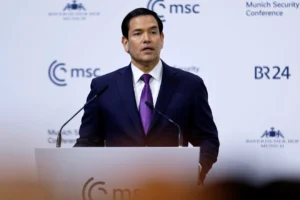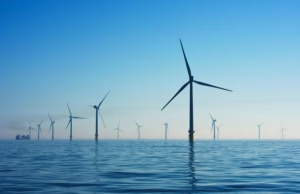Key Impact Points:
- AI energy demand scenarios: Schneider Electric outlines four future pathways for AI electricity consumption, from sustainable growth to potential energy crises.
- AI-powered HVAC efficiency: AI-driven HVAC systems reduced 65tCO2e annually in a Stockholm study, with potential for higher savings in energy-intensive regions.
- Global AI-energy dialogue: Reports debuted during the IEA Global Conference on Energy & AI, spotlighting Schneider Electric’s leadership in sustainable energy innovation.
AI’s Energy Demand: Four Scenarios
Schneider Electric’s Sustainability Research Institute (SRI) released its first report, Artificial Intelligence and Electricity: A System Dynamics Approach, analyzing the electricity consumption of AI over the next decade.
Rémi Paccou, SRI Director, and Prof. Fons Wijnhoven of the University of Twente, used a system dynamics model to explore four scenarios:
- Sustainable AI Development
- Limits to Growth
- Abundance Without Boundaries
- Energy Crises
“These scenarios are tools to understand the complex factors shaping our future,” the researchers explained, emphasizing the need for balanced progress and sustainability.
Change the World - Subscribe Now
AI-Driven HVAC Systems: A Use Case for Efficiency
The second report, AI-Powered HVAC in Educational Buildings: A Net Digital Impact Use Case, reveals how AI systems can revolutionize energy efficiency in buildings.
In a study of 87 properties in Stockholm (2019–2023), Schneider Electric demonstrated:
- A 65tCO2e annual reduction in carbon emissions—60x the embodied carbon footprint of the AI system.
- Significant potential savings in regions with higher heating or cooling demands, such as Boston, where emissions reductions could be sevenfold compared to Stockholm.
“These findings highlight how AI can play a critical role in reducing the environmental impact of energy-intensive systems,” said co-author Rémi Paccou.
A Platform for Global Collaboration
The reports debuted at the IEA Global Conference on Energy & AI, bringing together energy, tech, and policy leaders to discuss AI’s role in transforming energy systems. Schneider Electric CEO Olivier Blum and EVP Pankaj Sharma will join a high-level roundtable to address these opportunities.
Vincent Petit, Climate and Energy Transition Research SVP at Schneider Electric, stated:
“The release of our reports comes at a crucial time, as the IEA conference highlights the transformative power of AI in the energy sector. As a company and as researchers, we are committed to keep shaping the future of energy and climate solutions.”
These reports mark a significant step in addressing the dual challenges of AI development and sustainable energy management.
Related Article: Schneider Electric Partners with United Solar Initiative to Bring Microgrids to Maternal Clinics in Guatemala

 Follow SDG News on LinkedIn
Follow SDG News on LinkedIn











